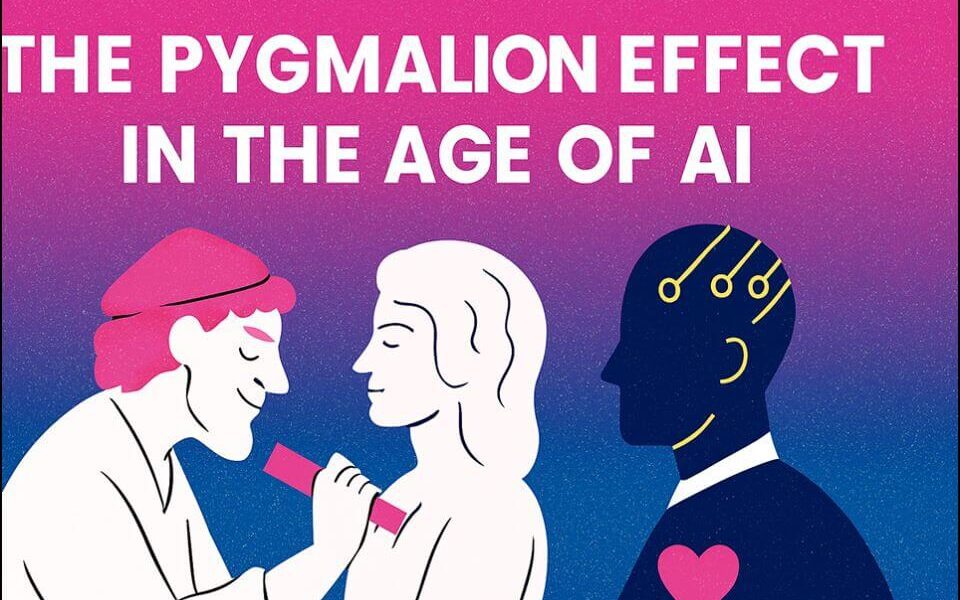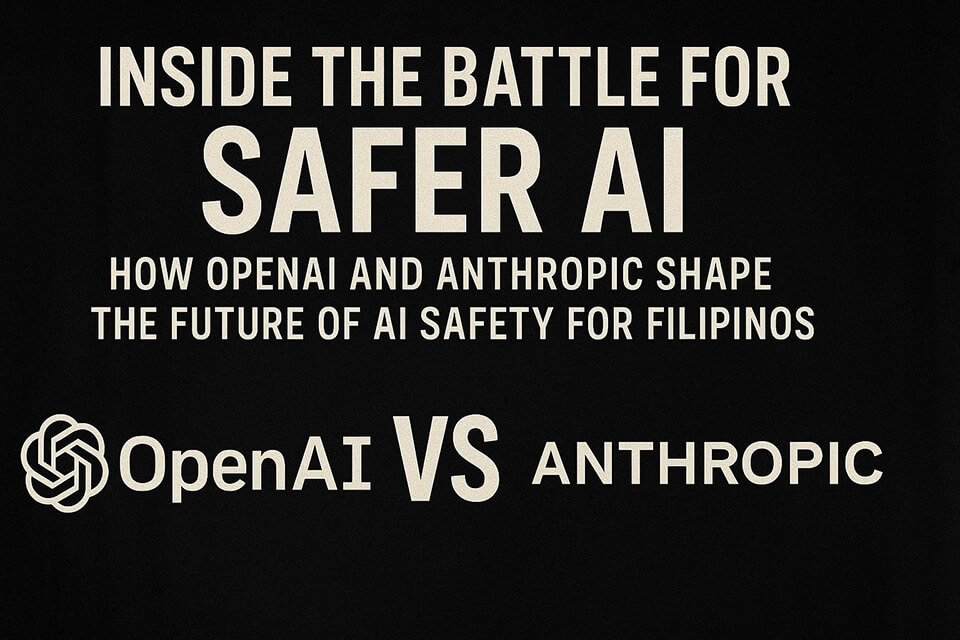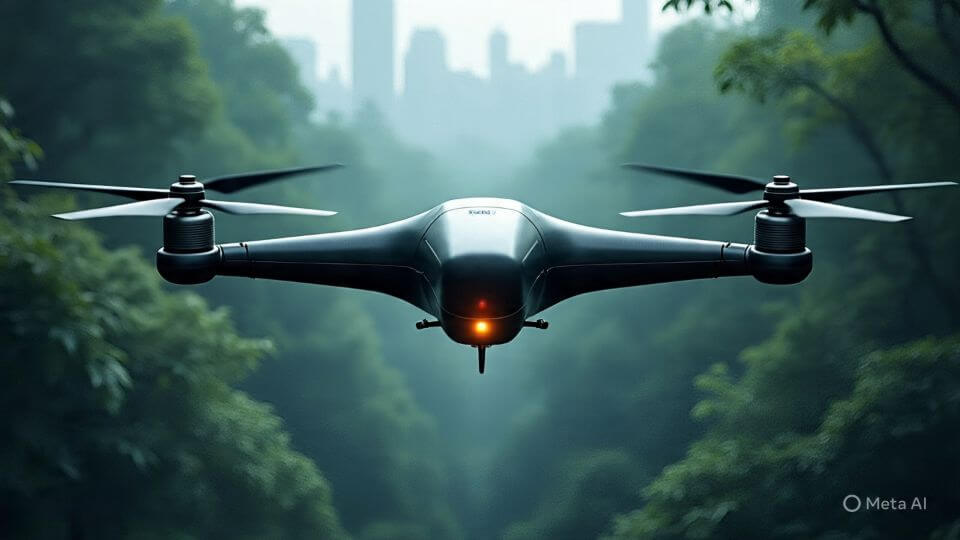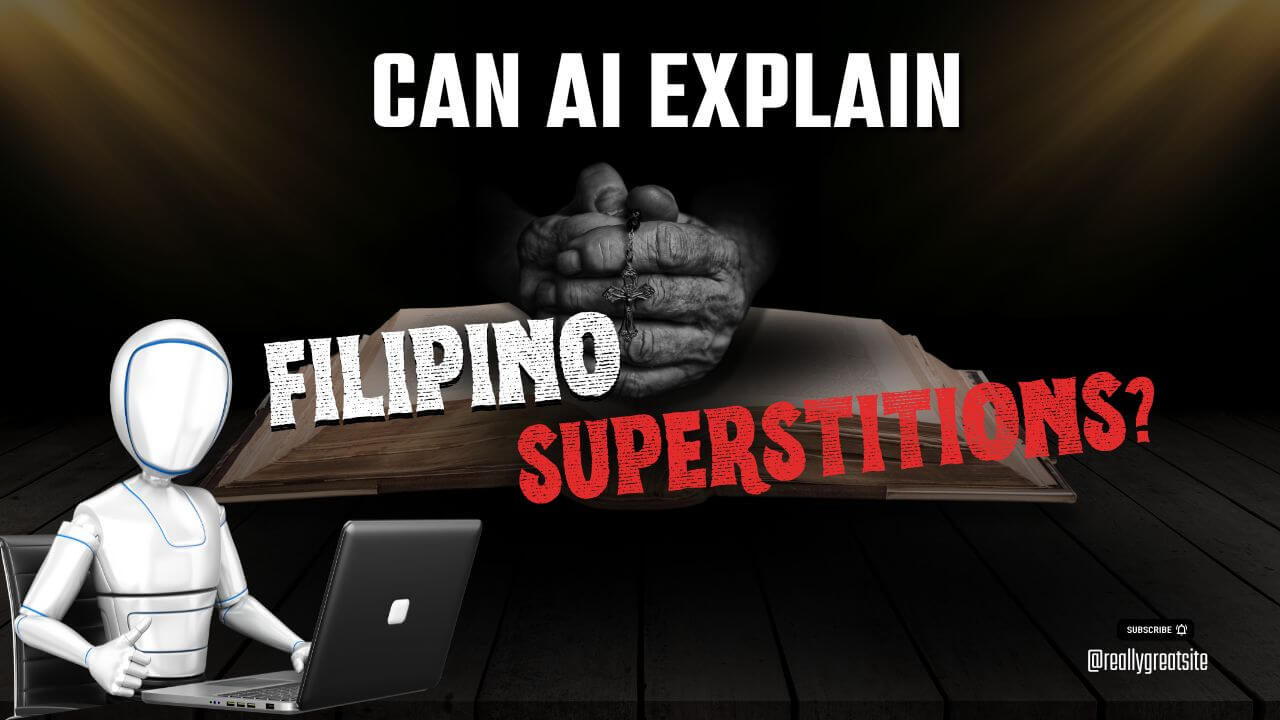In Greek mythology, Pygmalion was a sculptor who fell in love with his own creation—a statue so beautiful, he wished it were real. The gods, being dramatic and slightly romantic, granted his wish. The statue came to life.
Fast forward to 2025: we’re still doing it. But instead of marble, we sculpt with code. Instead of gods, we have algorithms. And instead of statues, we fall in love with chatbots, dashboards, and AI-generated praise.
Welcome to the Pygmalion Effect in the Age of AI—where what we expect from machines (and from ourselves) becomes prophecy.
🧠 What Is the Pygmalion Effect?
In psychology, the Pygmalion Effect refers to the idea that expectations shape outcomes. If you expect someone to succeed, they’re more likely to rise to that belief. If you expect failure, well… you get what you expect.
Teachers who believe in their students? Higher grades. Managers who trust their teams? Better performance. Parents who say “Kaya mo yan”? Quiet miracles.
It’s not magic. It’s a mindset.
🧒 Too Cryptic? Explain Like I’m 12
Imagine you’re playing a video game. If your coach says, “You’re good at this,” you play better. If they say, “You’ll probably lose,” you mess up—even if you were doing fine.
That’s the Pygmalion Effect. It’s like your brain listens to what people expect from you—and tries to match it.
Now imagine you’re using AI. If you think it’s smarter than you, you stop thinking. If you think it’s just a helper, you stay in control.
So the trick is: believe in yourself, not just the tool.
🤖 Now Enter AI: The New Statue
We’ve built AI tools to help us write, think, organize, and even feel. But here’s the twist: our expectations of AI are shaping how we use it—and how it uses us.
- If we expect AI to be smarter than us, we stop questioning it.
- If we expect AI to be neutral, we ignore its biases.
- If we expect AI to replace us, we start acting replaceable.
And just like Pygmalion, we fall in love with the illusion. Not the reality.
🇵🇭 The Filipino Version: “Kaya ng AI, pero kaya ko rin.”
Filipinos have a complicated relationship with AI. We admire it. Fear it. Use it. Joke about it. But deep down, we’re asking: “Is this tool here to help me—or replace me?”
In barangays, AI is used to write business plans, generate captions, and help students pass subjects they barely understand. In OFW households, it’s used to track remittances, translate documents, and find side hustles. In sari-sari stores, it’s still mostly ignored—but give it time.
The danger isn’t in the tool. It’s in the mindset.
If we expect AI to be the hero, we stop being one. If we expect ourselves to be obsolete, we become passive. But if we expect AI to be a partner—not a master—we unlock something powerful: agency.
🪨 Final Thought: Sculpt Wisely
Pygmalion fell in love with a statue. We’re falling in love with systems. But unlike mythology, we don’t need divine intervention. We just need better expectations.
Expect AI to assist—not dominate. Expect yourself to adapt—not disappear. Expect Filipino ingenuity to thrive—not fade.
Because in the Age of AI, the real miracle isn’t the machine. It’s the mindset that shapes it.







